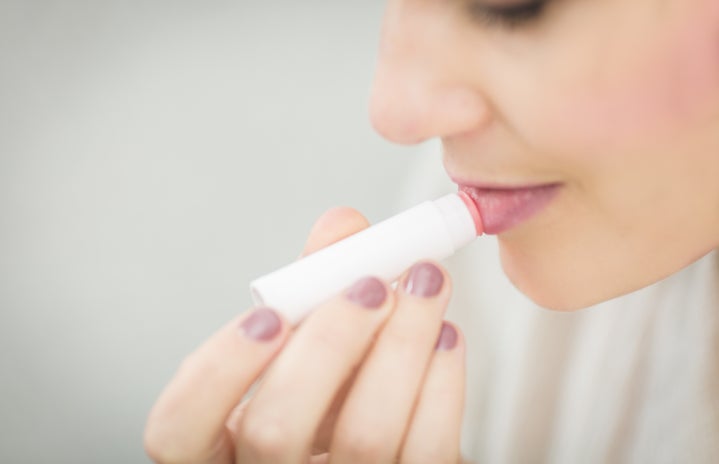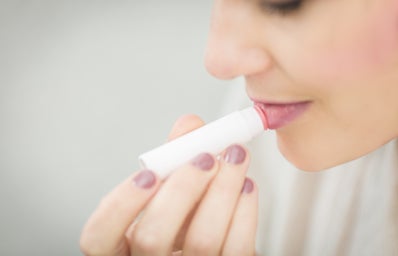The idea of a makeup brand being cruelty free may seem fairly basic, but is actually a little more complicated. This label may not entail everything you’re looking for in a makeup brand. The app “Bunny Free” is a great source of information for figuring out if a brand is not only cruelty free, but trying to incite change in the makeup and beauty world. Additionally, certain brands do not test on animals for all lines of their products, but certain lines and products are tested on animals. This is sometimes due to the fact that China has a law that beauty companies must test on animals in order for their products to be sold and manufactured in China. China is obviously a large market, so many companies cave on their morals and standards in order to accommodate and profit off of such a large market. However, companies like Too Faced and Lush are on the rise due to their vegan, vegetarian, and cruelty free status as well as natural ingredients and activism in changing the climate of beauty product manufacturing.
Vegan makeup and cruelty free makeup are not the same thing. Vegan makeup is cruelty free, but cruelty free is not necessarily vegan. To break this down, vegan makeup does not contain any animal products or products derived from animals. Therefore, it is also not tested on animals. Cruelty free just entails that the product is not tested on animals in any way. Vegetarian makeup, however, does use some products like egg and honey that are derived from animals, but no products that cause harm to animals. Vegetarian makeup also falls under the umbrella of cruelty free.
Most companies that qualify as cruelty free, vegan, or vegetarian also value natural, safe, simple, sustainable and healthy products. For example, Lush Cosmetics, a vegetarian company, has 100% handmade and fair trade products. All of the packaging is made out of recycled materials and are biodegradable. The ingredients are simple and unfiltered, creating healthy, quality products that also benefit the environment. It is clear that the values of the company are executed throughout the process, from execution to distribution.
Additionally, many companies go the extra mile by advocating for tighter restrictions on animal testing in not only the U.S., but China, where it is required. Lush Cosmetics has made a public point against buying from any suppliers that test on animals (the Supplier Specific Boycott), and have been active in the effort to enforce restrictions on animal testing for the past 30 years. They have also created “The LUSH Prize,” a monetary award for organizations and projects that advocate for alternatives to animal testing. Paul Mitchell has paired up with Cruelty Free National for a campaign to end animal testing. The Body Shop is also very public in their status as a cruelty free company, with several campaigns stating their exception-free disgust towards animal testing.
We all make choices when we choose our beauty products, and that’s okay. As long as you are informed about what is going into the products we choose, it is fair to assess what you think is fair to consume. Personally, I only purchase cruelty free beauty products, and try to buy more that are vegetarian or vegan, but this is not a deal breaker. My greatest concern is that no animals are harmed in the making of the products I consume and that they are simple and lack harmful chemicals. Knowing the origins of the cosmetics we use is important, and I would recommend searching companies before buying from them or using resources such as Bunny Free or Peta to ensure that you are comfortable with the company that you are supporting with your business.

